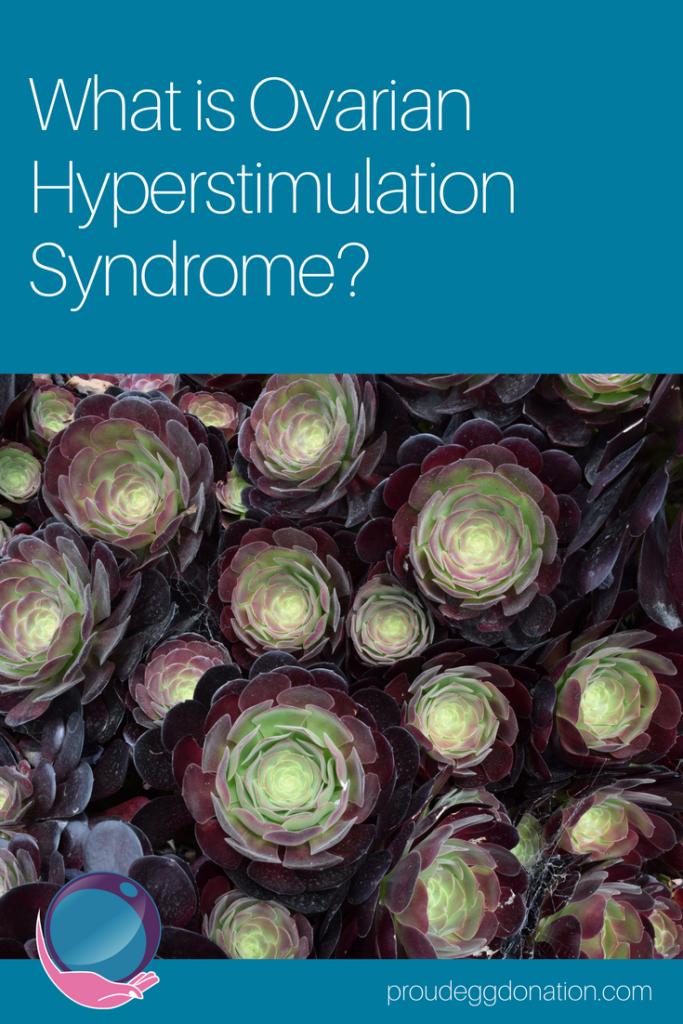
Symptoms may include:
- Fluid retention
- Rapid weight gain/abdominal distention
- Dizziness
- Nausea/vomiting
- Diarrhea
- Decreased urine output
- Abdominal pain/tenderness in ovaries
- Shortness of breath
OHSS is typically classified into severity categories- mild, moderate, severe and critical. Mild will typically resolve on its own and is uncomfortable but not very dangerous (but needs to be monitored). Moderate to severe will sometimes require fluid to be drained from the abdomen (very similar to retrieval a needle is passed through the vaginal wall with ultrasound guidance and the free fluid is drained providing relief from the pressure- it’s not as bad as I thought!) Severe to critical will require hospitalization, but the very serious type is rare.
A clinic can do many things to help prevent OHSS which may include some or all:
- Several different medications can be given starting at trigger or just after retrieval to help control hormone levels
- Lowering stimulating medications during the cycle
- Changing the trigger type from HCG to an agonist (not possible in all cycles as it depends on which medications are used during the cycle)
A donor can do a couple things to help deal with OHSS symptoms if they are mild to moderate
- Increasing protein intake during the last half of the cycle
- Increasing salt intake a lot (I like to dump salt right into my Gatorade- it tastes better than you think).
- Informing your clinic of any symptoms you’re unsure of
- Monitoring your weight and stomach girth following retrieval
Usually, symptoms of mild to moderate will resolve within a week or so following retrieval and everything should normalize with a period. If you’re ever unsure if your symptoms are normal or need treatment it never hurts to contact your clinic!
Want to become an Egg Donor?
Complete an Egg Donor Interest Form to learn more about giving the ultimate gift.

